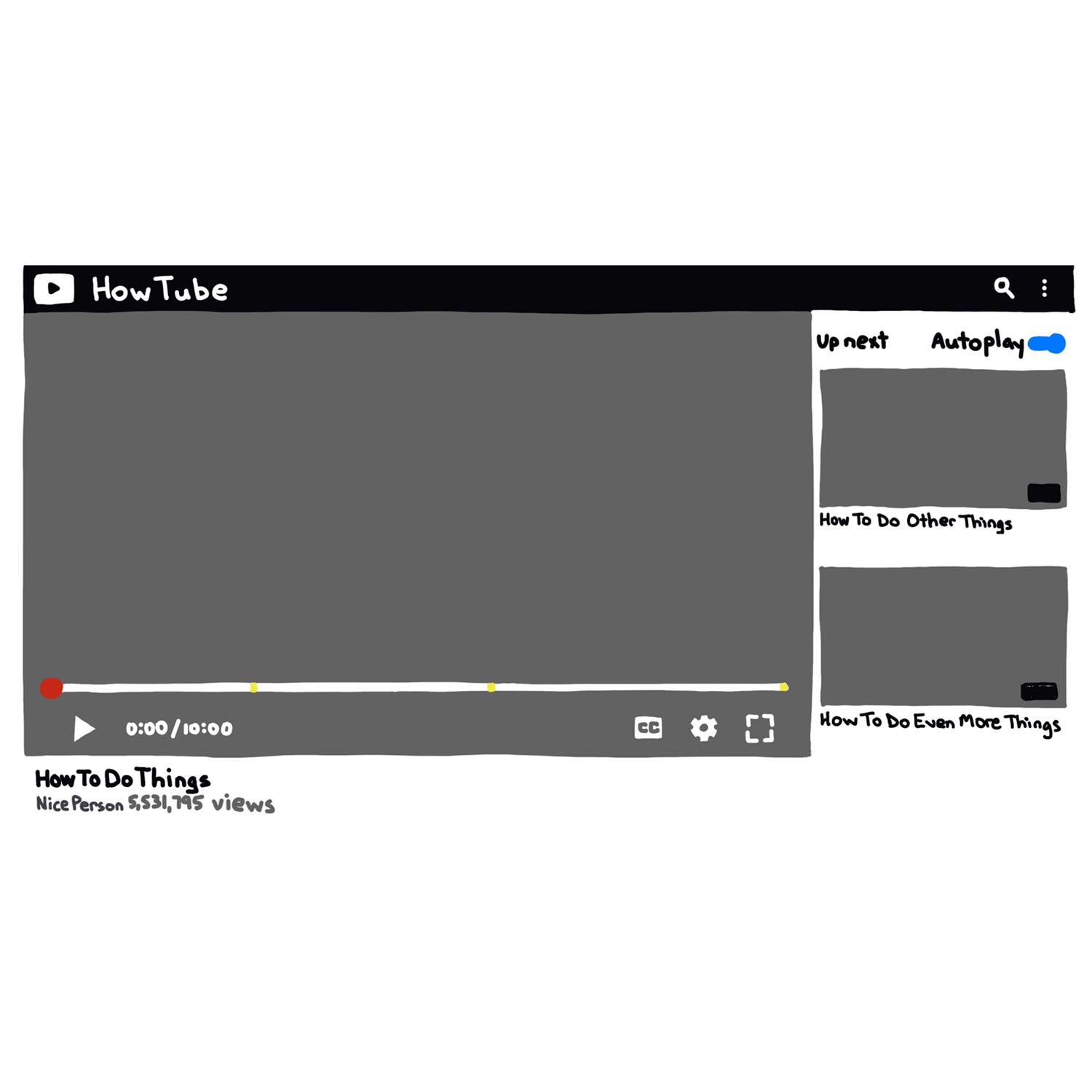A couple nights before leaving on a backpacking trip, I decided to finally dig up a Trangia stove I’d received as a gift eight years ago and try it out. Maybe there were instructions with it, but in the five changes of residence I’d had in those years, I’d long ago lost them or thrown them away. I’d assumed it was pretty straightforward, probably pour alcohol in it, light it, and burn it until the alcohol was gone. Or not? Could I use the pot lid as a pan? What was the little sliding piece on the top of the stove for? How much alcohol could I pour in it?
Since it was 2018, I turned to my culture’s source for mentorship for all things: YouTube. My own Trangia stove sitting next to my laptop, I watched of an English guy living in Canada explain the stove, demonstrate how to light it, how to extinguish it, and how to use it to simmer. And with that, I was on my way.
No one paid that guy to make an instructional video about stoves. But he did it, along with a bunch of other how-tos and reviews of outdoor/survival gear, for a couple years, and then stopped. But the video still lives on YouTube, where I found it, and a few thousand other people did too.
On YouTube, men and women I’ll never meet have taught me how to use stoves, execute better kick turns on skis, trim my skins, rewire light switches, remove tile, edit video in Adobe Premiere, and all sorts of other things. It’s saved me weeks, maybe months of trying to figure things out, and maybe saved fingers I would have lost in home improvement accidents. Sometimes these people are anonymous, sometimes they have usernames or real names that we forget, and most of the time we never meet them in person. Maybe they make no money off their YouTube videos, or a few dollars a month or year. Maybe they don’t care if they’re reimbursed at all—they just want to share knowledge.
As comedian Tiffany Haddish says , there’s a ton of information out there:
“You really don’t have to go to school if you got YouTube—anything you want to know is just right there at your motherfuckin fingertips. … You can do anything because of YouTube. I’m a brain surgeon now because of YouTube. I’m also a theologian because of YouTube. I’m an ordained minister, I’m a psychiatrist, I’m everything because of YouTube.”
Of course, the internet has its share of bad information, and YouTube is no exception. Sussing out what’s good and what’s bad can take a little homework. Skills with high consequences, such as avalanche hazard assessment or, you know, home improvement tasks that can electrocute you, are worth some consideration beyond just watching a single video and certifying yourself an expert. You know, the guy removing asbestos tile from his floor without gloves or a mask (or probably any respect for his own life)? Maybe not that trustworthy. Also, how you start a campfire.
Whatever motivates people to put useful information on YouTube, I am grateful. Yes, 50 years ago, or even 20 years ago, we would have had to learn skills from mentors or books, and there’s a little something lost in not having an in-person relationship. But if I need to know how to install an electrical outlet at 10:30 a.m. on a Sunday, a pixelated video made by a guy from New Jersey who knows what he’s doing is pretty damn convenient. As long as you don’t get sidetracked clicking on “Best Fails of the Year” and lose track of 20 minutes, anyway.
Yes, it’s worth lamenting the gradual loss of in-person mentorship, and that the village in “it takes a village” lives partly in our phones and laptops. But if you’re really interested in consistently learning new skills and improving as a person, it’s a pretty great time to be alive.
Now, if someone would just upload a video in the next few hours about how to connect my specific model of MacBook to my specific iMac, you know, that’d be great…


